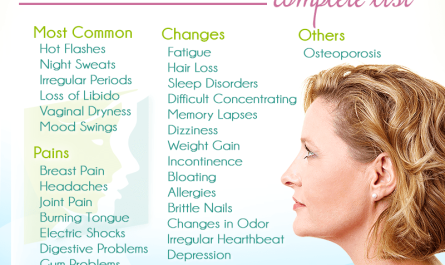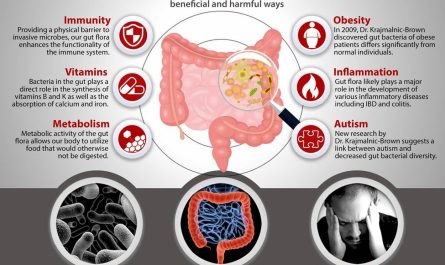Nutrition plays a significant role in promoting longevity and overall well-being. The food we consume not only provides essential nutrients for our bodies but also impacts our health at a cellular level. Making informed choices about our diet can lead to a longer and healthier life.
The Power of a Balanced Diet
A balanced diet is essential for maintaining good health and longevity. It should consist of a variety of foods from different food groups, including fruits, vegetables, whole grains, lean proteins, and healthy fats. Each food group contributes specific nutrients necessary for our bodies to function optimally.
Fruits and vegetables are rich in vitamins, minerals, and antioxidants that help to combat oxidative stress and reduce the risk of chronic diseases. Whole grains provide fibers and complex carbohydrates, promoting a healthy digestive system and stable blood sugar levels.
Lean proteins, such as poultry, fish, legumes, and tofu, are excellent sources of amino acids, which are essential for building and repairing body tissues. Healthy fats found in foods like avocados, nuts, and olive oil are beneficial for heart health and help to reduce inflammation.
Key Nutrients for Longevity
While a balanced diet is crucial, certain nutrients have specific roles in promoting longevity:
1. Omega-3 Fatty Acids
Omega-3 fatty acids offer numerous health benefits, including reducing inflammation, improving heart health, and supporting brain function. These essential fats can be obtained from fatty fish like salmon, sardines, and trout, as well as from chia seeds and walnuts.
2. Antioxidants
Antioxidants are compounds that help reduce oxidative stress and protect our cells from damage caused by free radicals. Foods rich in antioxidants include berries, dark chocolate, green tea, and many colorful fruits and vegetables like spinach, kale, and tomatoes.
3. Fiber
Adequate fiber intake is essential for maintaining a healthy digestive system and preventing chronic diseases, including cardiovascular conditions and certain types of cancer. High-fiber foods include whole grains, legumes, fruits, and vegetables.
4. Vitamin D
Vitamin D is crucial for bone health, immune function, and preventing various diseases. Our bodies naturally produce this vitamin when exposed to sunlight, but it can also be obtained from oily fish, egg yolks, and fortified foods like milk and cereal.
The Impact of Mindful Eating
In addition to the quality of food we consume, the way we eat plays a role in our overall health as well. Mindful eating is a practice that involves paying attention to our food, eating slowly, and savoring each bite. It helps us become more attuned to our body’s hunger and fullness cues, leading to healthier eating habits and portion control.
Mindful eating also helps reduce stress, as it encourages us to be present and focus on the act of eating rather than distractions like television or smartphones. By being fully engaged in the eating experience, we are more likely to make conscious choices about the foods we consume and enjoy them to the fullest.
The Longevity Connection to Caloric Restriction
Caloric restriction, which involves reducing overall caloric intake while still obtaining adequate nutrition, has been extensively studied for its potential impact on longevity. Research suggests that restricting calorie intake without malnutrition may increase lifespan and improve overall health in various organisms.
While the effects of caloric restriction on human longevity are not yet fully understood, studies have shown that reducing calorie intake can have several positive effects, including improved insulin sensitivity, reduced oxidative stress, and decreased inflammation markers. However, it is essential to consult with a healthcare professional before making any significant dietary changes.
The Importance of Hydration
Proper hydration is often overlooked but is crucial for maintaining overall health and promoting longevity. Water is vital for many bodily functions, including regulating body temperature, transporting nutrients, and eliminating waste products.
It is recommended to consume at least eight cups (64 ounces) of water per day, but individual needs may vary based on factors such as age, activity level, and climate. Staying properly hydrated can improve digestion, boost energy levels, and enhance cognitive function.
In conclusion, nutrition plays a vital role in promoting longevity. A balanced diet rich in essential nutrients, including omega-3 fatty acids, antioxidants, fiber, and vitamin D, can help prevent chronic diseases and support overall well-being. By practicing mindful eating, considering caloric restriction, and maintaining proper hydration, we can optimize our health and strive for a longer, healthier life.




